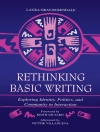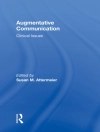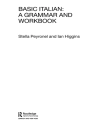Modal verbs in English communicate delicate shades of meaning, there being a large range of verbs both on the necessity side (must, have to, should, ought to, need, need to) and the possibility side (can, may, could, might, be able to). They therefore constitute excellent test ground to apply and compare different methodologies that can lay bare the factors that drive the speaker’s choice of modal verb. This book is not merely concerned with a purely grammatical description of the use of modal verbs, but aims at advancing our understanding of lexical and grammatical units in general and of linguistic methodologies to explore these. It thus involves a genuine effort to compare, assess and combine a variety of approaches. It complements the leading descriptive qualitative work on modal verbs by testing a diverse range of quantitative methods, while not ignoring qualitative issues pertaining to the semantics-pragmatics interface. Starting from a critical assessment of what constitutes the meaning of modal verbs, different types of empirical studies (usage-based, data-driven and experimental), drawing considerably on the same data sets, shows how method triangulation can contribute to an enhanced understanding. Due attention is also given to individual variation as well as the degree to which modals can predict L2 proficiency level.
Bert Cappelle & Ludovic De Cuypere
Models of Modals [PDF ebook]
From Pragmatics and Corpus Linguistics to Machine Learning
Models of Modals [PDF ebook]
From Pragmatics and Corpus Linguistics to Machine Learning
Acquista questo ebook e ricevine 1 in più GRATIS!
Lingua Inglese ● Formato PDF ● Pagine 280 ● ISBN 9783110734157 ● Casa editrice De Gruyter ● Pubblicato 2023 ● Scaricabile 3 volte ● Moneta EUR ● ID 9432379 ● Protezione dalla copia Adobe DRM
Richiede un lettore di ebook compatibile con DRM












